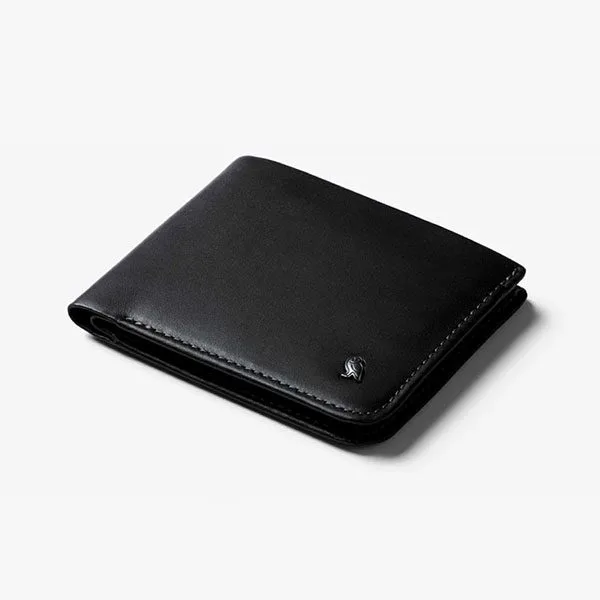
Describe a time when you lost an important and valuable item
IELTS SPEAKING CUE CARD
Describe a time when you lost an important and valuable item
You should say:
When and where it happened?
What it was?
How important and valuable it was?
How you lost it?
And explain how you felt about the experience?
Sample Answer
When I was young, my mother used to admonish me for not keeping things in the right places or completely forgetting about them. Losing thing was a frustrated experience for me and because of that habit, I even lost quite a few things, but luckily, most of those things were not that crucial as much as my wallet which I lost about a couple of years ago. It was a indispensable part of my daily routine, and losing it caused significant inconvenience.
The wallet contained all my essential items like cash, ID cards, and credit cards. It was a token of love from my father which he gifted me on my 18th birthday. That is why it was close to my heart. This happened last year during the new year celebrations in Chandigarh. I went there to celebrate new year with my bosom friends.
The streets were filled with people, lights, and loud music, creating a very festive but chaotic atmosphere. I realized my wallet was missing when I tried to buy some eatables from a street vendor, Initially, I felt a mix of panic and frustration, worrying about the loss of my lucrative items.
Despite my efforts, I could not find the wallet, which taught me a valuable lesson about being more careful with my belongings. Eventually, I took steps to replace my ID cards and cancel my credit cards, but the experience left me more cautious and aware of my surroundings. To my dismay, I had lost my precious thing forever.
Follow up
1. Is it important for students to be organized?
Answer – Yes, it is very important for learners to be organized. If they are organized, they can manage their time effectively and keep track of their studies. For example, an organized student becomes more disciplined and never forget assignments or misplace study materials which leads to better academic performance and personality growth.
2. Are there any good ways to remind us not to forget or lose things?
Answer – In my perspective, technology plays a crucial role in reminding things. Setting reminders on phones or using sticky notes are very effective ways. Some people also keep notes of important Items, special events of their life. People can also keep things in the same place regularly, like keys or wallets which could be beneficial.
3. What should parents do to teach their children not to lose things?
Answer – Parents can teach their children the importance of being responsible by assigning them simple tasks like organizing their school bags and utilize their pocket money wisely. They can also encourage children to keep their belongings at same place home, helping them develop good habits.
4. What do people often do after losing things?
Answer – Most people immediately try to find out their lost items by retracing their steps, trying to remember where they last saw or kept the item. Some may even post about it on social media or call their near and dear ones to take for help from them. If it is a valuable item, people might contact police and request them to find out missing item as soon as possible.
5. What are the reasons why people often misplace or lose things?
Answer – Some of the people do not have sharp memory. One of the most common reasons is being distracted or in hurry. When people are in a hurry, they tend to forget where they put things. Another reason is lack of organization; people who do not have specific places for their belongings. Therefore they often misplace them.
6. What are some common items that people tend to lose easily?
Answer – In my perspective, keys, wallets, and mobile phones are the most common things that people often forget. Small things like pens, sunglasses, and remote controls are also frequently lost by students because these things can be misplaced easily in daily routines.
Vocabulary
Admonish: warn (someone) of something to be avoided.
Indispensable – absolutely necessary.
Significant – sufficiently great or important
Token of love: a gift that is symbolic of a love relationship.
Close to heart – very important
Festive – cheerful and exciting
Chaotic – state of complete confusion and disorder.
Lucrative – a great deal of profit.
